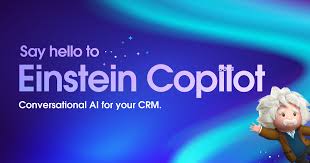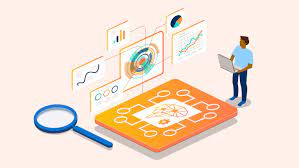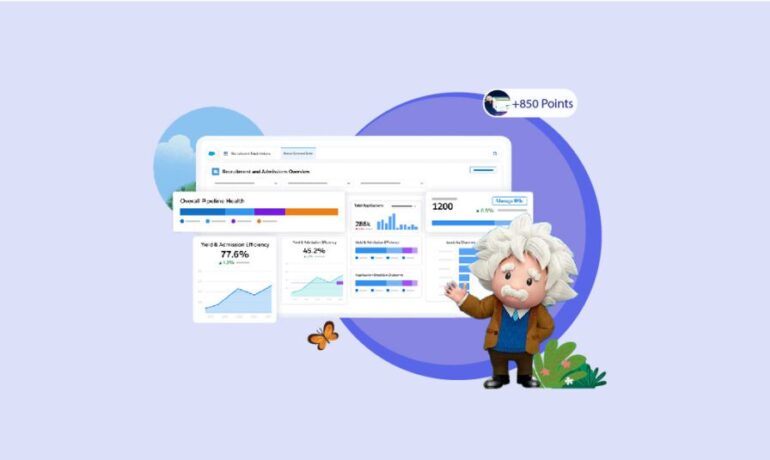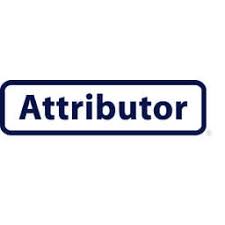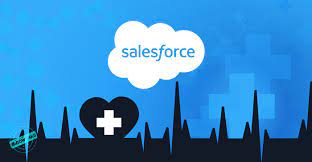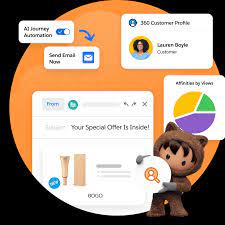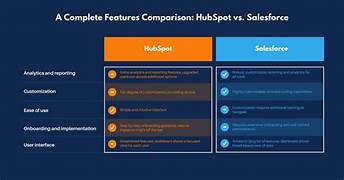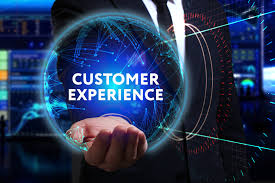Tableau has dedicated over two decades to empowering individuals to visualize and comprehend their data. This mission, driven by data analysts, continues to thrive. Data analysts serve as the cornerstone of organizations fostering a data-centric culture. They capture business needs, prepare data, and craft data content for end-users. Einstein Discovery insights seamlessly integrate into the Tableau workflow, ensuring uninterrupted analysis. The benefits of leveraging Einstein Discovery are manifold: Tableau Einstein represents a groundbreaking advancement in AI-driven data analytics. Einstein Copilot for Tableau, currently in beta for Tableau customers, democratizes AI in data analytics. It collaborates with analysts throughout the analytical process, from data preparation to visualization, reducing entry barriers and enhancing user experience. Einstein Copilot integrates seamlessly into the Tableau environment, serving as an intelligent assistant. It guides users through the creation process, ensuring accuracy and adherence to best practices. With Einstein Copilot, users confidently explore data, identify trends, and communicate findings effectively. The features of Einstein Copilot enhance the data analytics experience and empower users to unleash the full potential of their data. These features include faster insights through recommended questions, streamlined data exploration, improved visualization quality, and guided calculation creation. Einstein Copilot’s development involved overcoming several challenges. These challenges included accurately interpreting user questions, enhancing data intelligence, and automating visualization generation. The team addressed these challenges through continuous refinement of analytical data generation algorithms, leveraging Tableau Public’s vast dataset, and balancing accuracy, speed, and creativity in AI responses. Continuous improvement remains a key focus for the Einstein Copilot team. Through platforms like Zeus, the team systematically enhances engineering, intent detection, and knowledge generation. This iterative process ensures ongoing enhancements to Einstein Copilot’s capabilities, providing users with an increasingly seamless and insightful analytical experience. Einstein Discovery insights are integrated into your Tableau workflow, so you never need to disrupt your analysis. Some of the benefits of using Einstein Discovery include: Data analysis and data-driven decision-making have been part of the vocabulary in organizations over the years. And, while data analysis is one of the most in-demand tech skills sought by employers today, not everyone in an organization has “analyst” in their job title—myself included. Yet, so many of us use data daily to make informed decisions. The rise of generative AI presents a significant opportunity for us to bring transformative benefits to analytics. Businesses are eager to embrace generative AI because it can help save time, provide faster insights, and empower analysts to be even more productive with an AI assistant—freeing analysts to focus on delivering high-quality, data-driven insights. But before any of this can happen, a lot goes on behind the scenes. That’s where Einstein Copilot for Tableau comes in. Einstein Copilot for Tableau, now available for Tableau customers to try in beta, brings the power of AI to data analytics, reducing the barrier to entry and working alongside the analyst—from data preparation to visualization. Whether you’re an experienced data analyst or just starting your journey in data exploration, Einstein Copilot for Tableau becomes your trusted companion, empowering you to unlock insights and make informed decisions with confidence. Einstein Copilot for Tableau offers a range of features that enhance the data analytics experience and empower anyone to unlock the full potential of their data. Look for these features in the coming release, and even more as we continue to build. Faster insights with recommended questions When you are getting started in analytics—whether for work, learning, or just for fun—a blank canvas can be intimidating. Where do you even begin? Using Einstein to suggest questions you can ask of a specific datasource lightens that lift so you can quickly move from connecting to data to finding insights. Einstein Copilot for Tableau does a quick index across your connected datasource to create a summary context of the datasource. This summary is used to generate a few questions the dataset can answer. For example, using a dataset like Tableau’s Superstore practice dataset, Einstein Copilot for Tableau suggests “Are there any patterns over time for sales across product categories?” In one click a line chart is created. Since this is all happening in the authoring experience, users familiar with Tableau’s drag-and-drop interface can adjust anything displayed before saving and moving on to the next question. Combining analyzing data with learning by doing. With recommended questions, anyone can quickly uplevel their analytics skills. What is Einstein Copilot for Tableau? Using generative AI and statistical analysis, Einstein Copilot for Tableau is able to understand the context of your data to create and suggest relevant business questions to help kickstart your analysis. A smart, conversational assistant for Tableau users, Einstein Copilot for Tableau automates data curation—the organization and integration of data collected from various sources—by generating calculations and metadata descriptions. Einstein Copilot for Tableau can fill data gaps and enhance analysis by creating synthetic datasets where real data is limited. Einstein Copilot helps you anticipate outcomes with predictive analytics that simulate diverse scenarios and uncover hidden correlations. Additionally, generative models can bolster data privacy by producing non-traceable data for analysis. Accelerate insights from data with ease Tableau has thousands of features—and with Einstein Copilot’s in-product assistance, you ask questions using natural language, and from data prep and writing calculations to formatting worksheets and dashboards using your company brand guidelines, Einstein Copilot automates many time-consuming, repetitive tasks—increasing analyst productivity and speeding time-to-insights. Jumpstart data exploration Einstein Copilot for Tableau is a great tool for both data-savvy end users and data professionals. With the help of Einstein Copilot, you can ask more in-depth questions about the data insights without having to know all of the technical aspects of Tableau. In the worksheet, a set of recommended questions based on the data source’s metadata makes it easy for users to start analyzing their data. Einstein Copilot’s step-by-step guidance also helps new data professionals learn how to use Tableau effectively—with an opportunity for both novice and experienced users to increase their learn by doing. Improve viz and dashboard quality through prescriptive guidance With Einstein Copilot in Tableau, you


